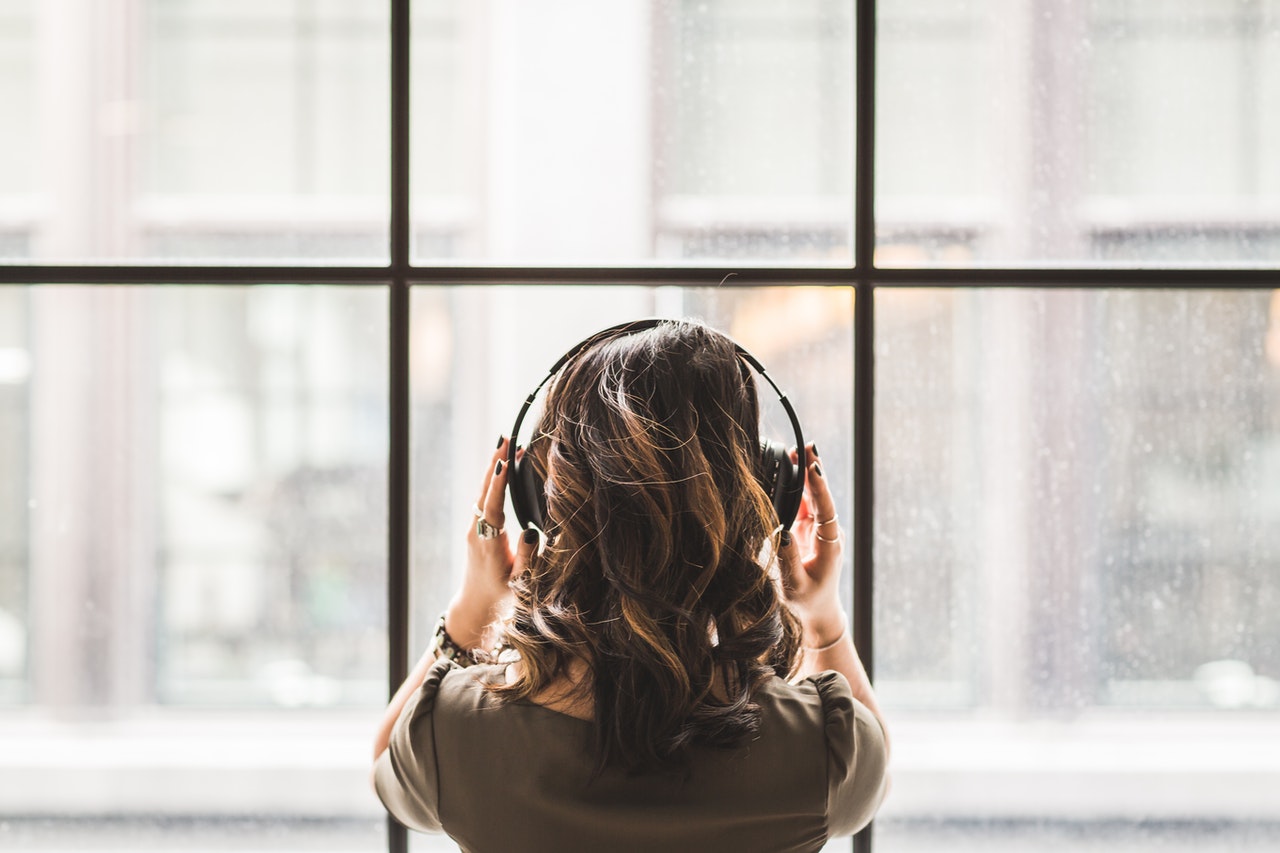Music affects people profoundly—you don’t have to be a classically trained musician to appreciate Schubert or Chopin, and you don’t need to be a writer to see how Bruno Mars or Taylor Swift makes people fall in love with their music. Whether you’re listening to relaxing piano music or bopping your head to an RnB track, music can move you and make you feel alive.
Why is Music Essential?
People don’t see the inherent value of music, much like with other art forms. Ancient Greek philosophers believed that music is therapeutic and eases hurt and pain, and modern science proves this belief. Music therapy is now a well-known approach for treating memory loss, traumatic brain injury, post-traumatic stress, and even Parkinson’s disease.
There is also biblical evidence that music prevents us from getting hurt. The first book of Samuel talks about how Saul, tormented by a vexing spirit, found comfort in David’s lyre playing. “And when the harmful spirit from God was upon Saul, David took the lyre and played it with his hand. Saul was refreshed and was well, and the harmful spirit departed from him” (1 Samuel 16:23).
Like Saul, who transformed from troubled to serene, your mood can also change because of music. It is capable of bringing us joy and moving us to tears. The great philosopher Plato was right in saying that “music is an art imbued with the power to penetrate into the very depths of the soul.” Many verses in the Old Testament talk about music, singing, and playing instruments. There is even an entire book dedicated to psalms!
Music’s Physical and Emotional Effects
People have always been aware of music’s ability to affect their daily lives. In recent years, though, we have been able to quantify those effects because of modern technology. We can capture, image, and measure the impact of music on the human body. We can see how blood pressure rises, how the pupils dilate, and how the hair on arms stands because of notes and scales. Through neuroimaging, we can track physiological and neurological activity that stems from listening to music.
Music is especially crucial for helping people form their identity in their developmental years. According to research using data gathered from people’s Spotify usage, music tastes rapidly evolve in individuals aged 14 to 25. The changes get less frequent from age 25 to 33 and practically disappear from age 33 onward.
The teenage and early adult years are a time of exploration, and the music that people gravitate to during this period gets embedded into their neural wiring. Consequently, it stays in their memory and becomes a lasting part of their lives. If you liked rock music in your teens, you’d like to listen to it in adulthood, even if you’ve gravitated toward instrumental music or other genres.
This phenomenon explains musical nostalgia—hearing songs from when you were young can bring back emotions you had at the time. These songs evoke emotional memories and bring back everything from happiness and love to anger and frustration.
Music’s Spiritual Benefits
Besides affecting us emotionally and physically, music is also capable of bringing us closer to God. Music inspires imagination, and it is one of the easiest ways of helping people see the nuances of the Gospel message.
It can also help us invite newcomers in and convince them to listen. People familiar with Catholic catechism know that familiar quote by Saint Augustine: “He who sings prays twice.” Music lets us physically express the soul’s joy—creating music with our voices and hands shows how communities reach out to God.
Conclusion
Listening to music helps our emotional, physical, and spiritual well-being. Music affects everything from our mood to our blood pressure, and it can even rewire the brain. Finally, one of the most profound benefits people get from music is that it can be a gateway for their spiritual transformation or renewal.
Prayer Pray is on a mission to spread peace, love, kindness, and joy through calm and relaxing instrumental music. Our archive contains dozens of harp, flute, violin, and cello pieces, guaranteed to help you wind down or get inspired. Browse our collection today!




